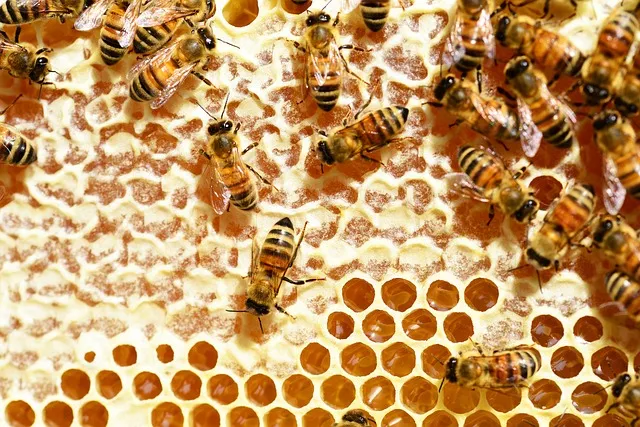You might already be up-to-date on your home’s insect proofing, but before you declare yourself done for the season, take a look at the Africanized Honey Bees . They can be incredibly dangerous on your property and in your home, and an infestation can destroy your finances. Make sure you don’t fall victim this year and keep an eye out for the Africanized Honey Bees.
What is an Africanized Honey Bee?
If you’re not even sure what to look for when it comes to this pest, you’re not alone. The name itself is a little confusing. In some areas, they’re more commonly known as killer bee . While they look like regular honey bees, they’re much more likely to sting. They’re usually about half an inch long, with yellow-and-black stripes. You can find killer bees all throughout Arizona and the southwest United States. Some people might compare them to wasps, but the difference between killer bees and wasps is pretty obvious- wasps are slimmer, with no stripes and different nest shapes.
Killer Bee Prevention
The best way to prevent killer bees from finding their way onto your property is to ensure that they’ve got nowhere to nest. Take a walk around your house and make sure there are no cracks in your foundation and siding, and ensure that all of your shrubbery is kept pruned away from nearby buildings. Bees can find their way into any gap bigger than 1/8th of an inch, so ensure that all cracks or holes are filled. Bees may also look to nest in water meters , tool sheds, or tree knotholes, so ensure that there’s nothing there, either.
Killer Bee Control
But of course, if you’re having trouble with Africanized Honey Bees, there’s one clear answer to keep them out of your house and home- call CAPE Pest Control a licensed pest control company . Since killer bees are almost twice as likely to sting you, your family, or your pets, they’re a danger you can’t risk being in your home- and if you allow their nests to grow, it can cause thousands of dollars in structural damage. Keep your family and your home safe- call the professionals when you’re dealing with Africanized Honey Bees.

